Bureau of Indian Affairs Stays Out of Connecticut Casino Expansion Debate
Posted on: November 1, 2017, 09:55h.
Last updated on: October 5, 2018, 12:17h.
The Bureau of Indian Affairs (BIA) has missed a deadline to approve or reject a satellite casino project in East Windsor, Connecticut, one that’s being jointly built by the state’s two Native American groups on non-tribal land.
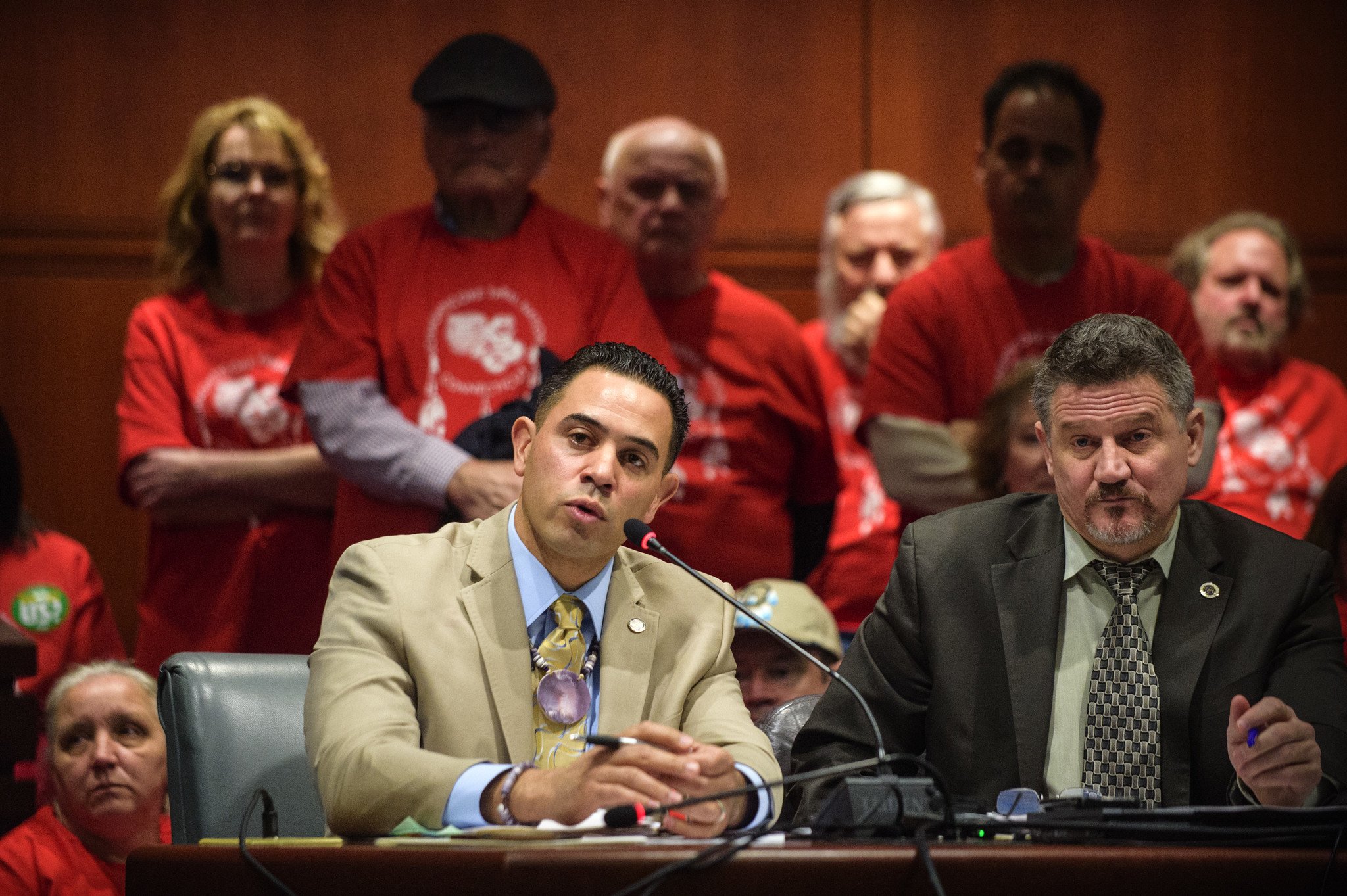
The Mashantucket and Mohegan tribes want to build a $300 million gaming venue just 13 miles south of MGM’s $960 million integrated casino resort in Springfield, Massachusetts. The goal is to keep gambling dollars in-state, and Connecticut lawmakers and Governor Dannel Malloy (D) have signed off on the plans already.
But the General Assembly’s approval was conditioned on the US Department of the Interior’s BIA ruling that the casino would not violate Connecticut’s two gaming compacts with the Native American communities.
The federal agency opined in May that it didn’t see any reason that the new venture would violate the compacts and null the tribes’ responsibility to share 25 percent of slot revenues garnered at Foxwoods and Mohegan Sun with the state.
But in a September letter from BIA Acting Secretary Michael Black, the agency said “there is insufficient information upon which to make a decision as to whether a new casino operated by the tribes would or would not violate the exclusivity clauses of the gaming compact.”
The tribes quickly responded with supplemental information, giving the BIA 45 days to issue a verdict. But that deadline was missed this week, as the bureau remained mum.
Project Moving Forward
In a letter to the BIA, lawyers for the Mashantucket and Mohegan tribes urged the agency to issue a formal approval for the East Windsor casino. In the meantime, construction continues on the project.
Should the federal agency say an Indian-run casino positioned on non-tribal land does violate the compacts, the tribes would no longer be legally obligated to share revenue from their two present casinos. Mashantucket and Mohegan officials have told the state that it has nothing to worry about, and that revenue sharing checks will continue to flow into government coffers regardless of the BIA ruling.
Win for MGM
The Bureau of Indian Affairs cannot legally prevent the East Windsor casino from being built, as the state has already approved it. But a ruling that the site violates the Native American compacts would mean Connecticut essentially legalized commercial gambling.
That would presumably give MGM Resorts legal ammunition to continue its lawsuit against Connecticut. The casino and hospitality conglomerate has been fighting to block the satellite facility on grounds that the state didn’t hold an open and competitive bidding process for the gambling expansion.
MGM has proposed a $675 million casino in Bridgeport. Writing in the Connecticut Post, business columnist Dan Haar opined this week that without a formal ruling from the BIA or some kind of negotiated settlement with MGM, “No one will wager a dime inside a commercial casino in this state, whether in East Windsor or Bridgeport, in the next five years.”
That’s exactly what MGM is hoping, as it wishes to retain the largest regional casino monopoly possible surrounding Springfield.
Related News Articles
Nevada Bill Would Reduce Legal Gambling Age to 18, Alcohol Still Prohibited
Most Popular
LOST VEGAS: The Foster Brooks Robot at MGM Grand
Bally’s Sets Date for Tropicana Las Vegas Implosion & Party
Most Commented
-
VEGAS MYTHS RE-BUSTED: You Don’t Have to Pay Resort Fees
— August 2, 2024 — 16 Comments -
VEGAS MYTHS RE-BUSTED: Elvis Was a Straight-Up Racist
— August 9, 2024 — 11 Comments -
ANTI-SOCIAL BEHAVIOR: Vegas Casino Buffet Stunt in Poor Taste Goes Viral
— August 16, 2024 — 7 Comments -
VEGAS MYTHS RE-BUSTED: The Strip Tried Appealing to Families and Failed
— August 23, 2024 — 7 Comments
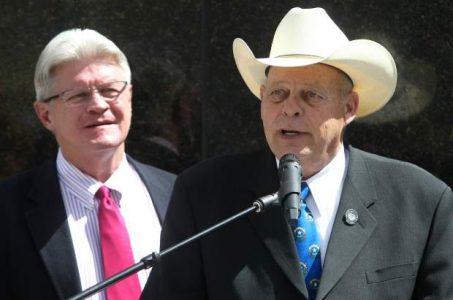
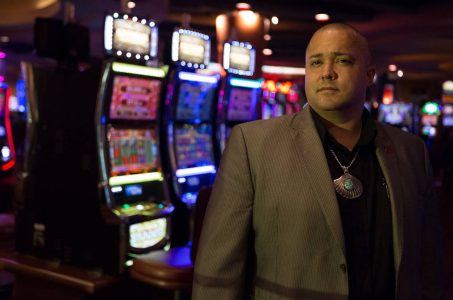
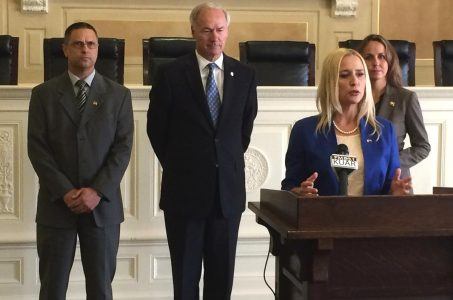
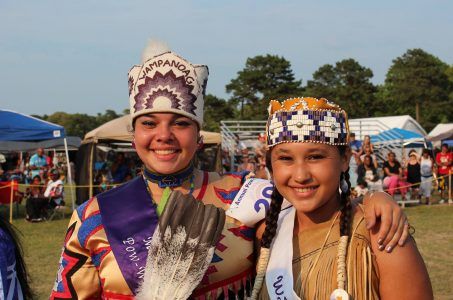












No comments yet